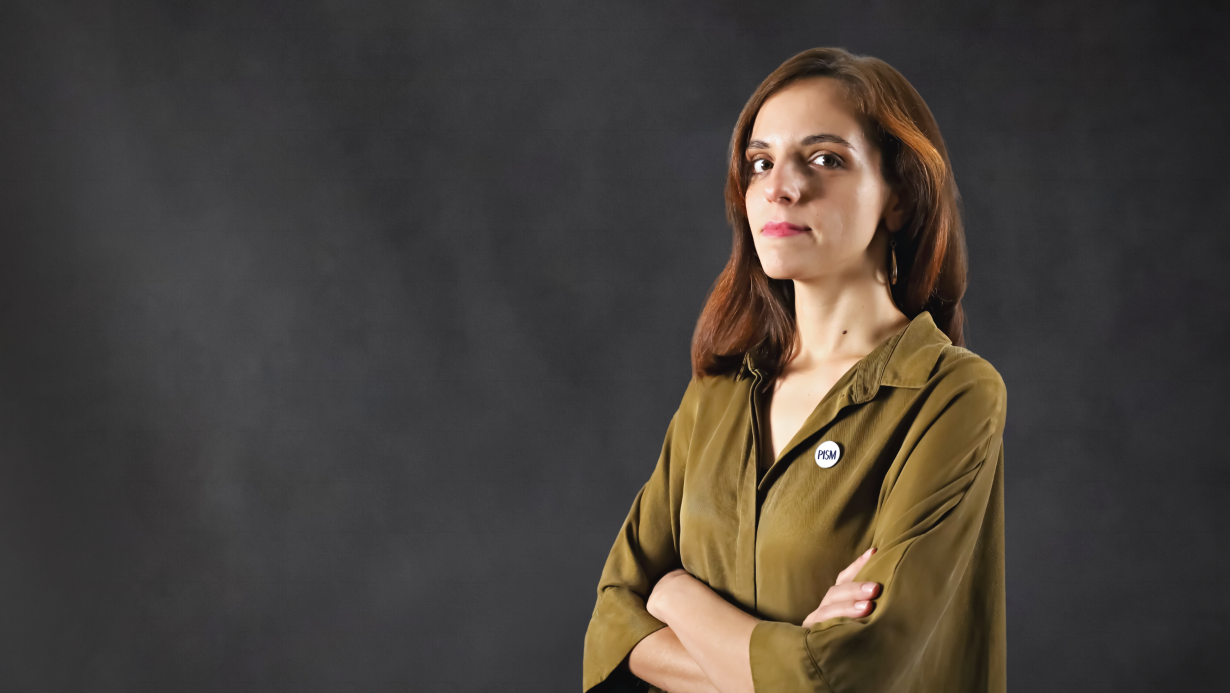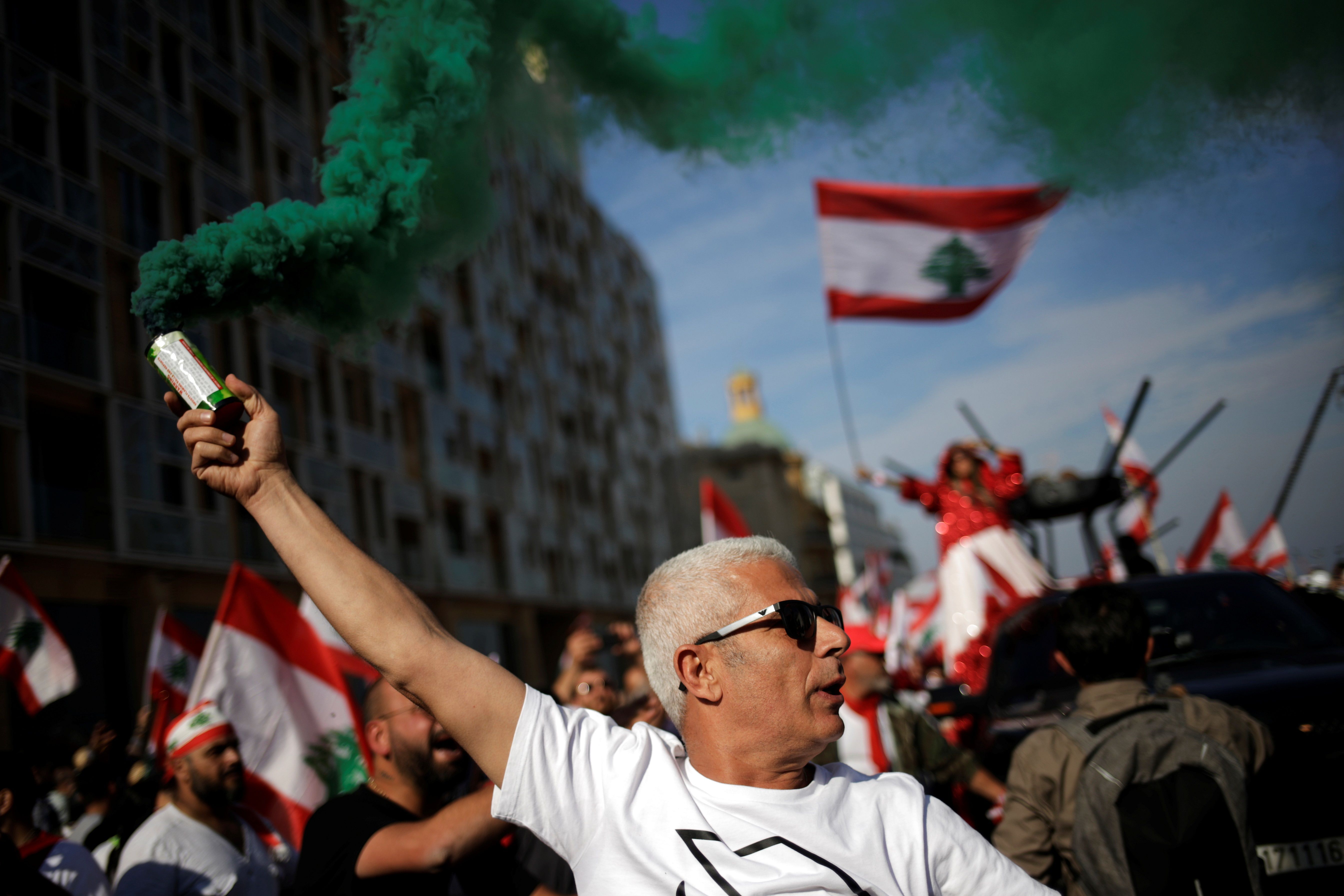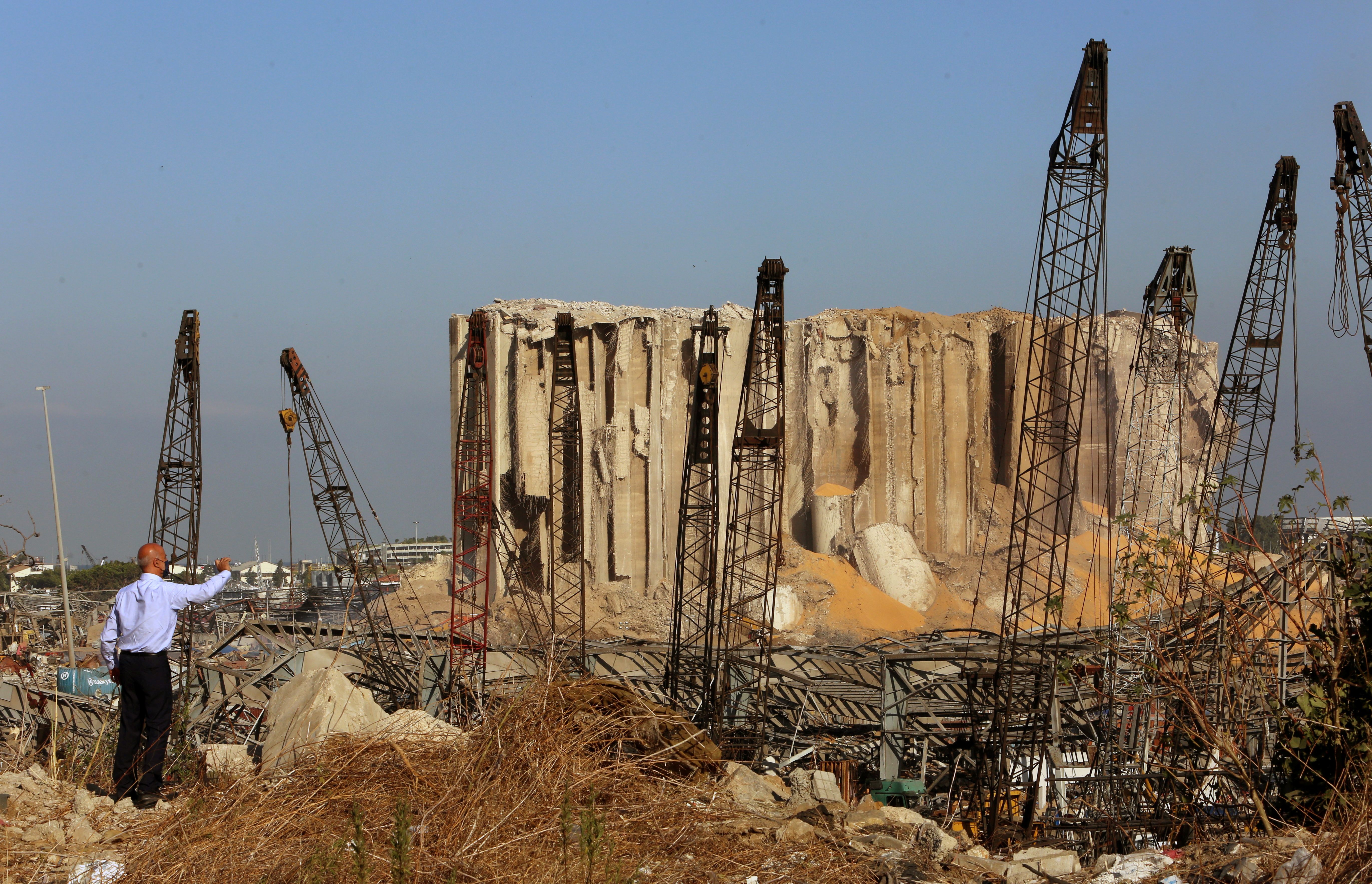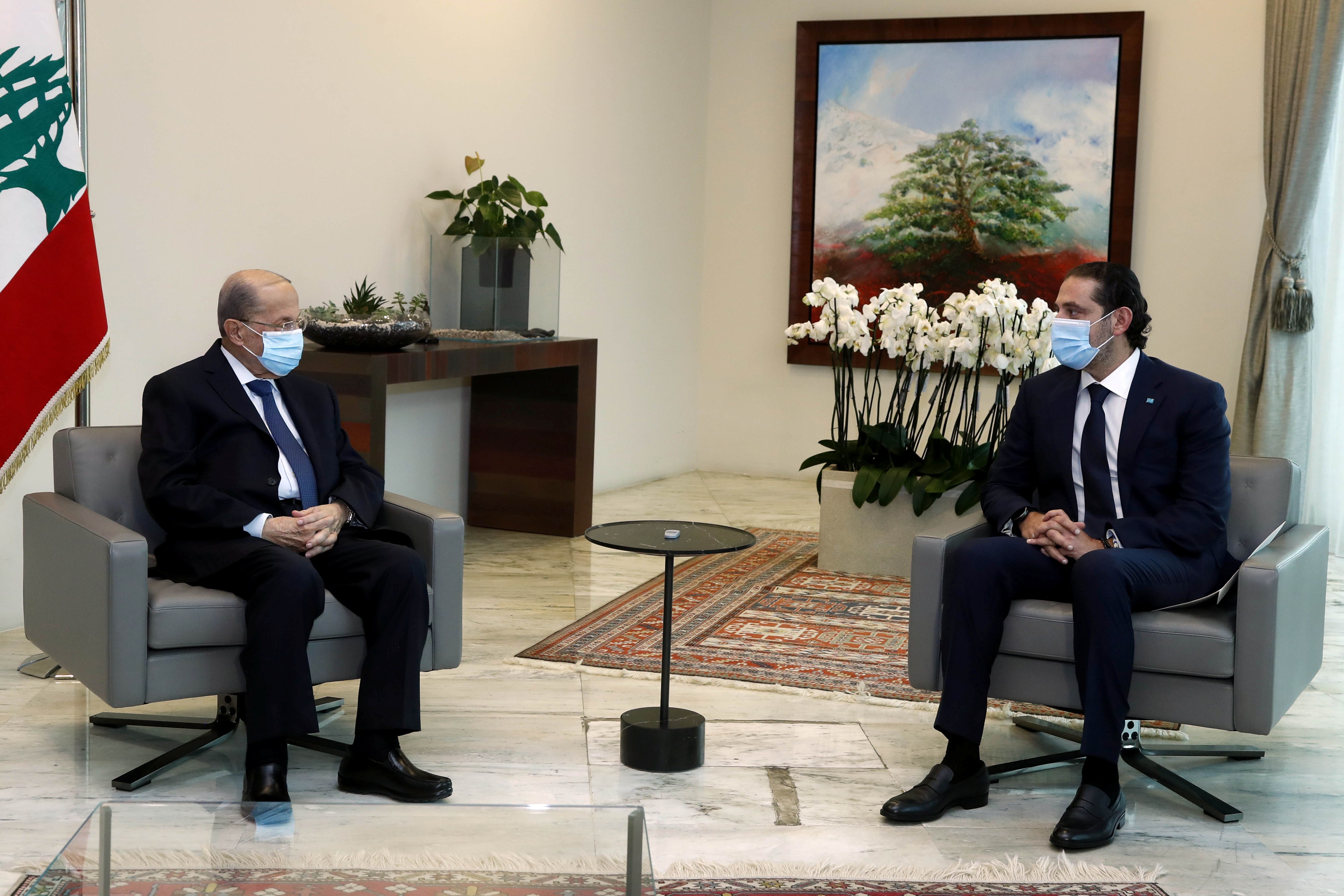Lebanon after the Elections
Although the parliamentary elections on 15 May did not bring a breakthrough in the Lebanese political scene, the weakening of the dominant parties may facilitate reforms necessary to obtain foreign financial aid. The positive results for candidates related to the 2019 anti-government protests will mean a greater emphasis on the fight against corruption among the political elite. To avoid further instability in Lebanon, the EU could step up its support for that state’s institutions, including the Lebanese army, popular amongst the public.
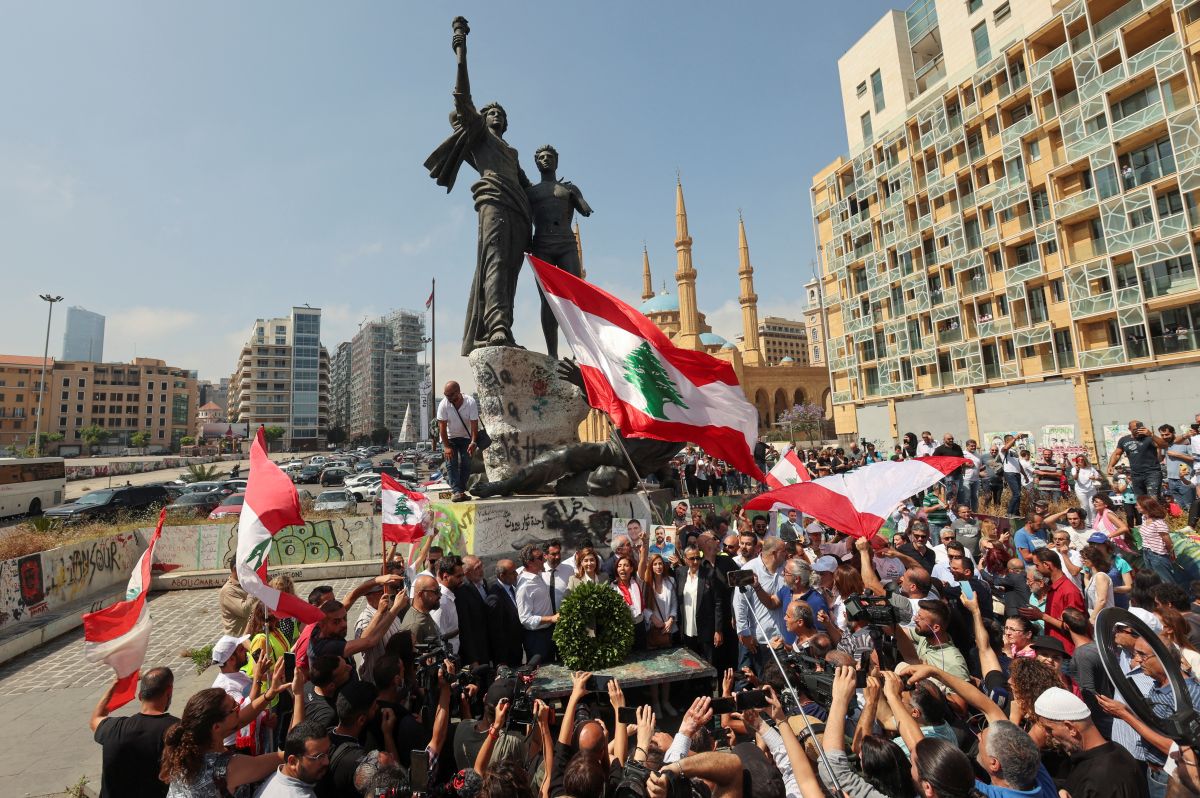 AZIZ TAHER/ Reuters/ FORUM
AZIZ TAHER/ Reuters/ FORUM
Changes in the Lebanese Parliament
The parliamentary elections produced three fundamental changes. The most important is the positive results for groups outside of the traditional parties, although the latter are still beneficiaries of the current Lebanese electoral system. Candidates linked to the 2019 mass protests won 14 seats in the 128-seat parliament. An additional 7 seats were awarded to independent candidates, compared to none in 2018. The growing support for new and independent politicians was related to the explosion in the port of Beirut in 2020explosion in the port of Beirut in 2020, which revealed negligence among the elite.
The elections also translated into a weakening of the position of Hezbollah allies that had so far controlled most of the positions in the government. While Hezbollah itself won three additional seats (from 12 to 15), the affiliated Shi'ite Amal group and the Christian Free Patriotic Movement (FPM) lost theirs. As a result, the number of seats occupied by Hezbollah or its coalition partners dropped from 74 to 58, which means it has lost its majority in the National Assembly.
The fascist Christian party Lebanese Forces (LF) achieved the best result in the elections. It is Hezbollah’s greatest opponent. Together with LF’s allies, the party won 21 seats, compared to 15 in 2018. Voters were receptive to their candidates’ calls to disarm Hezbollah—although the LF also has an armed wing—and their support for the protests. Additionally, LF benefited from a boycott of the elections by the largest Sunni party, Future Movement (FM). FM’s decision was the result of political disputes and in particular the loss of support from the Saudi Arabian authorities. They accused FM of a lack of resistance to Hezbollah, which is backed by Saudi Arabia’s regional rival, Iran. FM’s boycott contributed to the higher number of votes for LF, whose positive relations with Saudi Arabia allowed it to win some of the Sunni votes. In total, nearly 30 groups will enter parliament.
The Election
The importance of the success of new movements is particularly exceptional because of the complicated Lebanese electoral system, which perpetuates social and political divisions and makes it difficult for new parties to enter parliament. This is primarily because of the confessional system, which guarantees a specific number of seats in parliament for each of the 18 officially recognised religious groups in Lebanon. They are allocated to each constituency based on the proportion of the religions of the people living in it. For example, in the South III constituency, which has 11 seats, 8 are reserved for Shiite parliamentarians (79% of voters), and 1 each for Sunnis (7%), Druze (4%), and Greek Orthodox (2%). Second, the electoral threshold in Lebanon is not fixed but is determined by the number of votes cast divided by the number of seats for each constituency. Third, Lebanese cannot vote where they live if it is different from where their father (or husband for married women) is registered. For many citizens, voting means a journey that is often impossible in the current economic situation (about 60% of Lebanese live below the poverty line).
These factors combine to intimidate voters and weaken turnout, leading to financial incentives to vote for specific parties or mass buying of votes. All these kinds of disruptions to the electoral process, along with violations of the election silence period, were reported this year by the Lebanese Association for Democratic Elections.
The elections were also accompanied by increasing tensions between the parties related to the mass demonstrations that began in 2019 and the investigation of the explosion in 2020. Since the start of the protests against the deteriorating economic situation, Lebanon has had three different governments, each taking a long time to form because of the parties’ unwillingness to build a consensus. One government resigned after the demonstrations following the port explosion. In October 2021, when the investigating judge, Tarik Bitar, called for interrogations of representatives of Hezbollah allies, party militants provoked riots to intimidate officials and candidates, which led to a clash with LF fighters in Beirut. Against this background, the election results show the voters’ particular disgust with the traditional parties, which are blamed for ineptitude in the face of the financial crisis.
Prospects for Reforms
Restricting the power of the elite is key to implementing reforms that will enable the disbursement of foreign aid to Lebanon, including $11 billion agreed at the CEDRE conference in 2018. This is a priority for the political forces linked to the protests. However, despite agreement on the need for reforms and the abolition of the confessional system, divisions within the camp threaten their effectiveness. This was visible in the public disputes over ideology and the role of Hezbollah militias, all of which prevented the creation of a common list necessary to achieve better results in the elections. The new political forces’ leaders also will be exposed to threats, bribery attempts, or direct violence by the militias.
Another obstacle for the new parliamentarians will be the actions of politician Nabih Berri of the Amal party. He has served as parliament speaker since 1992 and remains a key politician in maintaining the status quo in Lebanon. His lack of support led to the rejection of a proposal to create “mega-centres” where voting could take place outside of the customary sites. Although Berri was re-elected to another term, the number of votes cast for him (65) and opposition from FPM members indicate growing divisions among Hezbollah’s coalition partners.
LF’s newfound strong position may, in turn, translate into an intensification of inter-party disputes, which will be difficult to resolve because of the fragmentation in parliament. This will mean another long period of government formation and then a presidential election, which requires two-thirds of parliament to elect. Before President Michel Aoun, whose term ends in September 2022, there was no president in Lebanon for nearly two and a half years.
The position of Hezbollah's coalition partners is also important in the context of Russia's aggression against Ukraine. Hezbollah, like Russia, supports Syrian President Bashar al-Assad and spreads the pro-Russian narrative. The anti-Western rhetoric resonates especially in the Shiite-inhabited regions in southern Lebanon where the Polish contingent to the UNIFIL peacekeeping mission is stationed. Its mission includes strengthening the Lebanese army in this part of the country. The Russian invasion has also increased pressure to rebuild Lebanon’s financial system. The state imported from Ukraine 62% of its wheat, the prices of which have risen dramatically. External donors fear that the support that has so far allowed the Lebanese economy to survive may decline if global aid is diverted to Ukraine. The Lebanese army is struggling with logistical problems, hindering its work, caused by the financial crisis and rising fuel prices.
Conclusions and Recommendations
The dispute within Lebanon’s political elite, which has made it impossible so far to carry out the necessary reforms, has in turn strengthened the position of anti-establishment candidates. Their presence in the Lebanese parliament will increase the chances for success in the fight against corruption, but cooperation between the new parliamentarians will be necessary for this. The greatest threat to this process remains the militants, who earn more than Lebanese army troops and are controlled by party authorities, most likely involved in the embezzlement of public funds. Their presence also increases the risk of political disputes turning into destabilisation or open conflict. Therefore, support for the state security apparatus, weakened by the financial crisis, remains key to increasing the security of independent and opposition parliamentarians. The EU could continue its assistance for this purpose, such as the €50 million provided in 2018 for the security sector.
Poland is indicated by the Lebanese authorities as a good example in fighting corruption. It could assist Lebanon through cooperation with new parliamentarians, among other things. It could also provide the Lebanese army with material aid (e.g., military clothing, food, medicines). Maintaining the morale of the Lebanese soldiers is essential for carrying out the activities of the Polish UN contingent. Moreover, the aid would fit with the assumptions of Polish development cooperation, of which Lebanon has been a priority recipient since 2019.


